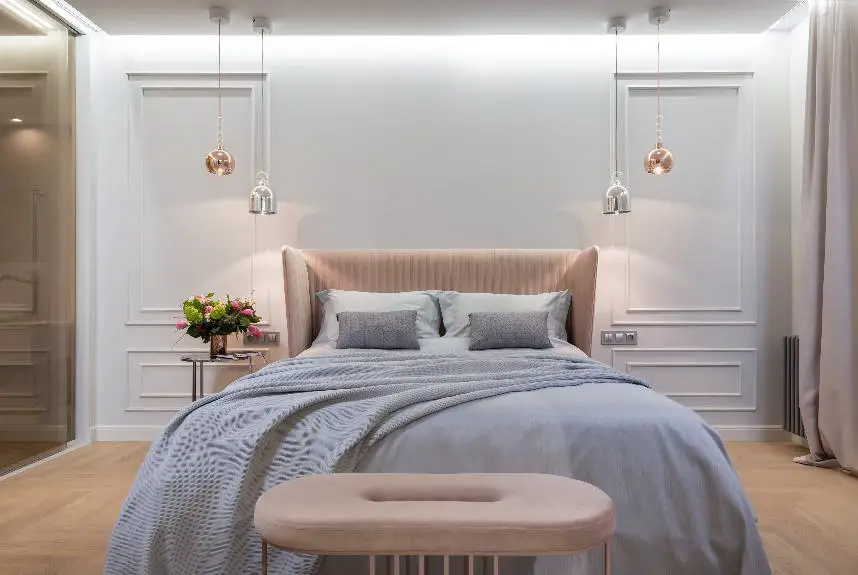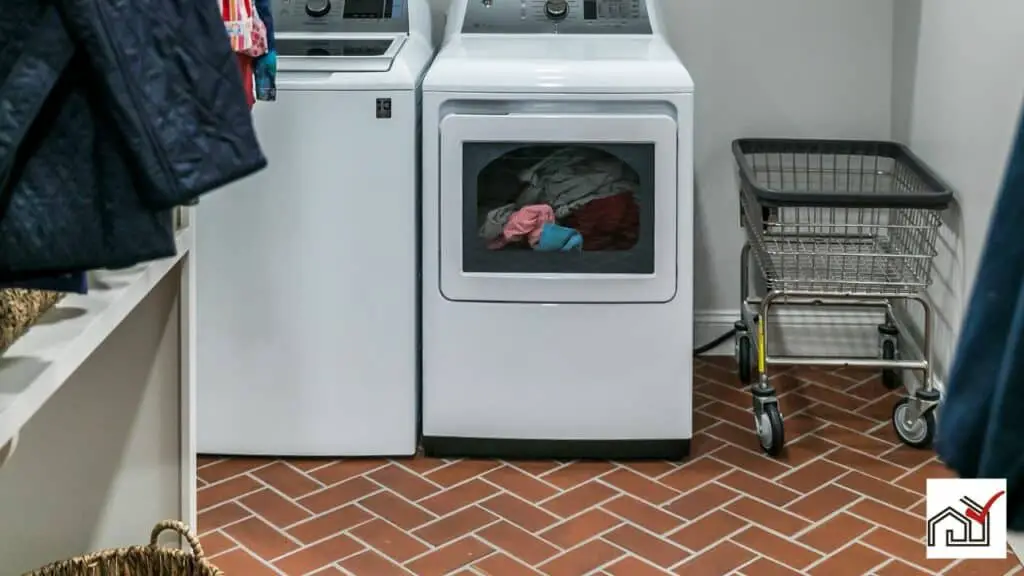Choosing where to place the master bedroom, either upstairs or downstairs, depends on privacy, accessibility, and the long-term needs of the residents.
Upstairs master bedrooms are more private, away from common areas, while downstairs bedrooms are easier to access, beneficial for those with mobility issues or planning to age in place.
This choice can also impact the home's resale value and the safety of its occupants.
Homeowners must consider both their current preferences and future needs when making this decision.
Evaluating Upstairs Advantages
Homeowners often prefer an upstairs master bedroom for its security and quietness, away from the main floor activity. This location is considered safer because it's harder for intruders to access, thus reducing break-in risks. Additionally, higher floors usually provide better views, which can be enjoyed from a private balcony or deck, if available.
An upstairs bedroom also tends to be warmer in cold months as heat rises, possibly lowering heating costs. The separation from the main floor activities offers more privacy and a quieter space, which is beneficial for rest. For families, having the master bedroom upstairs allows for more independence and privacy as children grow.
Considering Downstairs Benefits
A downstairs master bedroom provides several advantages. It is convenient for individuals with mobility issues or those who prefer to avoid stairs. As homeowners age or face mobility challenges, a ground-floor bedroom becomes increasingly attractive due to the reduced risk of stair-related accidents.
For families with children, having the master bedroom downstairs offers a quieter space away from the home's more active areas. This is beneficial for privacy, especially during a child's teenage years. It also allows parents easy access to common areas at night for attending to children's needs.
Energy costs may decrease as homeowners can choose not to heat or cool unused upper levels. The downstairs bedroom also accommodates changing needs over time, making it a flexible option for aging residents.
Lastly, a downstairs master bedroom is ideal for hosting guests, providing a private and accessible area that is convenient for both the visitors and the homeowners.
Navigating Family Dynamics
The placement of the master bedroom in a home, either upstairs or downstairs, depends on the family's needs, which change over time.
For families with young children, a downstairs master bedroom allows for easier care during the night.
As children become teenagers, parents may prefer the bedroom upstairs for privacy and to reduce noise disruption, while teenagers might appreciate more independence with the master bedroom being downstairs.
For homes with elderly members, a downstairs master bedroom is practical for those with mobility issues, ensuring the home is accessible for everyone.
The decision about the bedroom's location should consider the family's current lifestyle and future changes, to ensure the home remains suitable for its occupants over time.
Addressing Mobility and Accessibility
When selecting a location for the master bedroom, it's important to consider mobility and accessibility, especially for aging individuals or those with mobility issues. A downstairs master bedroom can provide easier access, reducing the need to climb stairs and minimizing the risk of falls, making it a practical choice for current and future ease of living.
A master bedroom on the first floor is beneficial not only for individuals with current mobility impairments but also for those without, who may wish to remain in their homes as they age. It eliminates frequent stair use and offers closer access to common areas, contributing to a safer and more comfortable living space.
Furthermore, a downstairs bedroom can be helpful for people recovering from surgery or experiencing temporary mobility issues, allowing easy access to essential areas of the home. This feature can also increase the home's market value by appealing to a wider range of potential buyers.
Analyzing Resale Value Impact
The location of the master bedroom can affect a property's resale value. Downstairs master bedrooms often attract more buyers, thereby potentially increasing resale value. These bedrooms are convenient for single-level living and benefit from the additional space on the second floor.
A master bedroom on the first floor meets various needs. It appeals to older people who wish to avoid stairs and is practical for families with young children. The rising trend of multi-generational households also makes ground-floor master suites more appealing, which can enhance a home's resale value.
There are potential downsides to consider. A downstairs bedroom may be close to living areas, which can lead to noise and privacy issues. For parents who need to check on young children at night, an upstairs bedroom may be preferable.
Homeowners should weigh current lifestyle needs against future resale value when deciding on the bedroom location. Market trends indicate an increasing preference for homes with downstairs master bedrooms. This makes it an important consideration for homeowners aiming to improve their property's investment potential.
Weighing Safety and Security
Safety is a key factor in choosing the location of a master bedroom. An upstairs bedroom may offer a sense of security due to its height, which can act as a deterrent to break-ins and provide a better view of the property. However, a ground-floor bedroom can be more vulnerable to break-ins but allows for a quicker exit during emergencies like fires.
In addition, a ground-floor bedroom may be more suitable for individuals with mobility issues or for those who prefer a quieter sleeping environment to aid in emergency responsiveness.
Ultimately, the decision between an upstairs or downstairs master bedroom should consider personal safety preferences, the home's design and security features, and the occupants' needs, balancing the benefits of an elevated sleeping area with the practicality of emergency exits and access.
Balancing Privacy and Convenience
Choosing the location of the master bedroom in a house requires balancing privacy and convenience. An upstairs master bedroom offers more seclusion, which is beneficial for those desiring a quiet area away from common living spaces. On the other hand, a downstairs master bedroom is more accessible, particularly for those with mobility concerns or the elderly who wish to remain in their home as they age.
For households with young children, a master bedroom on the first floor can allow easier monitoring of the children. The decision also depends on the level of noise. If a home is well-insulated against sound or located in a quiet area, a downstairs bedroom might still be private.
Custom home designs can help address the typical compromises between privacy and convenience by allowing adjustments to the bedroom's location based on the homeowner's needs.





